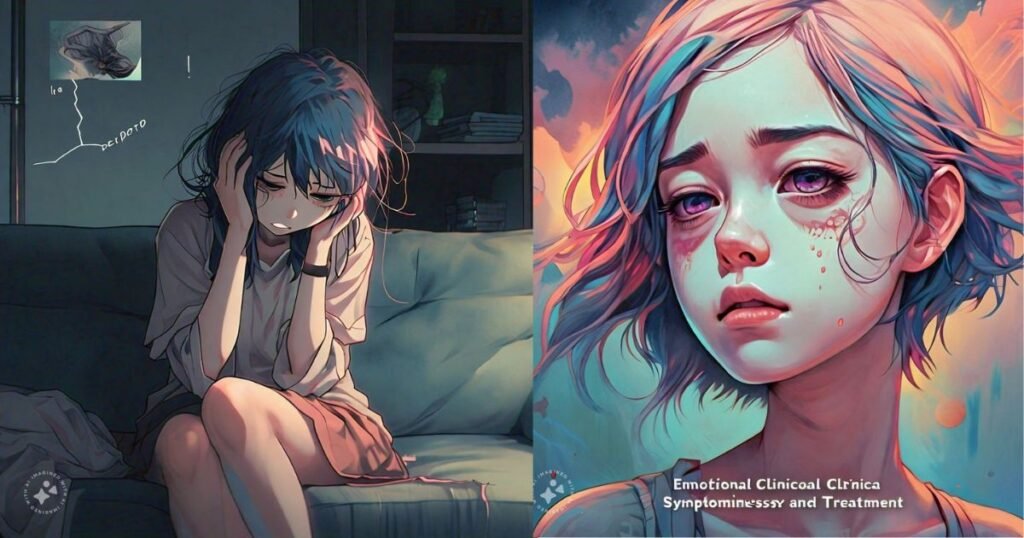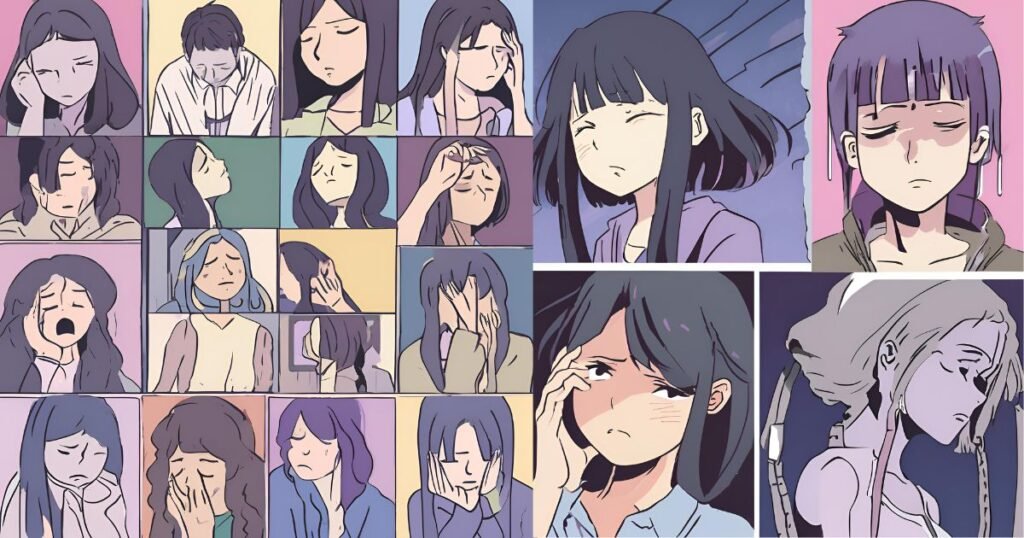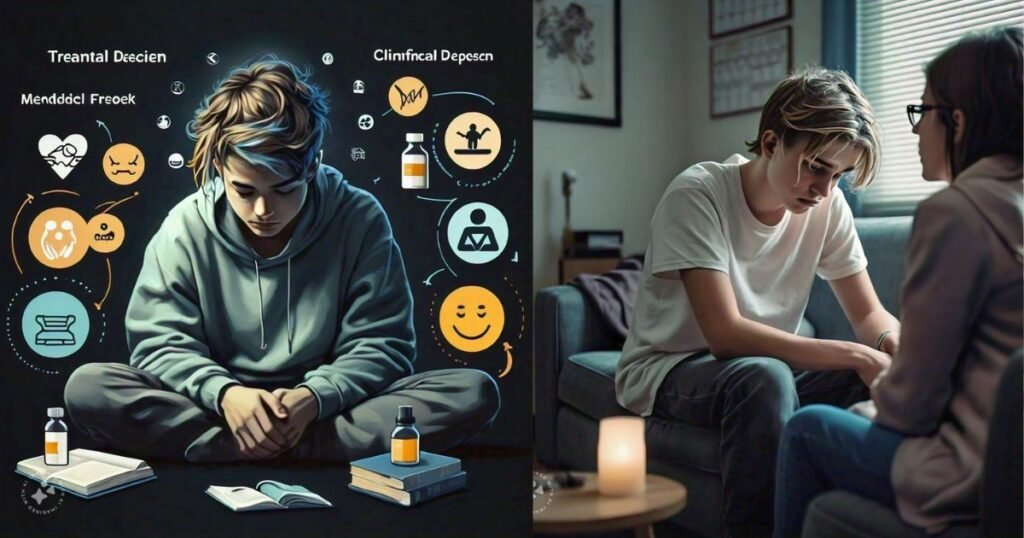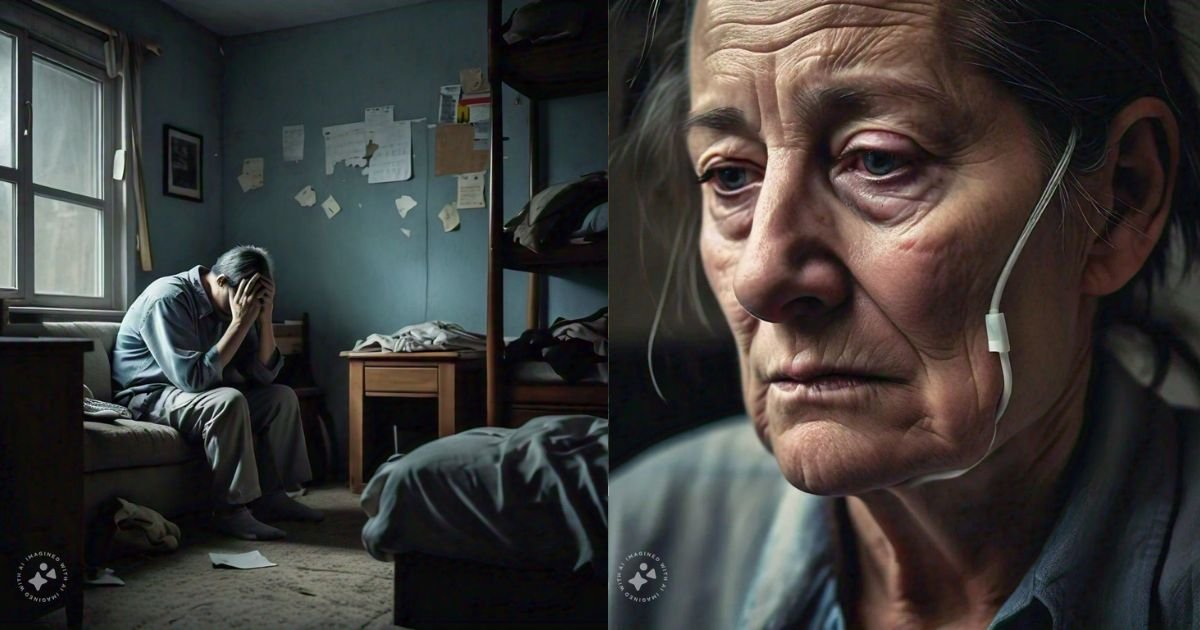Clinical Depression
Clinical depression, also known as major depressive disorder or unipolar depression is a severe mental health condition characterized by persistent sadness, hopelessness, worthlessness, and a loss of interest in activities that used to bring pleasure. Some of the most common Clinical Depression Symptoms and Treatment include:
- Persistent sad, anxious, or “empty” mood – People experiencing a major depressive episode describe feeling emotionally “numb,” low, tearful, or anxious. They may feel hopeless and pessimistic about the future.
- Loss of interest or pleasure in hobbies and activities – Individuals with depression typically lose interest in hobbies, relationships, work, or other activities they used to enjoy. They may feel fatigued and lack motivation.
- Changes in appetite and weight – Appetite often decreases during the depression, leading to weight loss. Some people experience increased appetite and weight gain during depression.
- Sleep disturbances – Depression often interferes with sleep in some way, whether it’s difficulty falling asleep, staying asleep, or sleeping too much. Insomnia and hypersomnia are both common symptoms.
- Psychomotor changes – Depressed individuals may appear restless and agitated or slowed in their movements and speech.
- Fatigue and loss of energy – A pervasive sense of tiredness, fatigue, and feeling “worn out” is a hallmark of depression, even with adequate rest. Daily tasks require substantial effort.
- Feelings of worthlessness or guilt – People with depression often have an unfounded sense of shame and dwell on perceived failures or shortcomings. Their self-esteem and confidence are low.
- Difficulty concentrating and thinking – Brain fog, difficulty focusing, and slowed thinking are ordinary. Making decisions can feel overwhelming.
- Recurrent thoughts of death or suicide – People with major depression may contemplate, attempt, or commit suicide. Suicidal ideation is a medical emergency.
Read More: Saaf Health
Emotional Clinical Depression Symptoms and Treatment

In addition to emotional symptoms, clinical depression has cognitive and physical symptoms. On a mental level, people with depression struggle with negative thought patterns, distorted thinking, and problems with focus, memory, and decision-making. Physically, depression can cause a range of non-specific aches and pains, digestive issues, headaches or migraines, and other effects.
It’s important to note that the symptoms of clinical depression are more than just ordinary sadness – they are severe enough to interfere with daily life and functioning. People with depression often struggle to get out of bed, go to work or care for themselves properly. The symptoms persist for most of the day, nearly every day, for at least two weeks.
Subtypes of Major Depression

There are a few subtypes of major depression with slightly different symptom profiles:
- Atypical depression – characterized by mood reactivity, hypersomnia, weight gain
- Melancholic depression – characterized by lack of mood reactivity, loss of pleasure, guilt
- Psychotic depression – characterized by delusions, hallucinations
Statements that can help describe the experience of clinical depression:
- “I just feel empty inside, like there’s a void or hole that can’t be filled.”
- “It’s like I’m in a dark tunnel without any light or hope of getting out.”
- “I have zero energy or motivation to do anything. Just getting out of bed feels impossible.”
- “I beat myself up over every little mistake. I feel worthless and defective.”
- “Nothing brings me joy anymore. Things I used to love now feel meaningless.”
- “I isolate myself from friends and family because being around people takes too much effort.”
- “Suicidal thoughts keep popping in my head even though part of me knows I don’t want to die.”
- “I feel guilty and ashamed for feeling this way when there are parts of my life that are fine.”
- “It’s difficult to focus or make decisions about even small things.”
- “Everything seems darker, bleaker. The world has lost its color.”
- “The future feels hopeless. I don’t think this pain will ever go away.”
- “I keep thinking my family would be better off without me.”
- “Getting through each day feels like a battle I’m losing.”
Diagnosis:
Clinical depression is diagnosed through a psychiatric evaluation. The doctor will ask about symptoms, family history, medical history, and other factors. Diagnostic criteria include experiencing five or more depression symptoms most of the day, nearly every day, for at least two weeks. The symptoms must cause significant distress or impairment in daily functioning. Blood tests and other assessments may help rule out a medical condition causing depression.
Clinical Depression Treatments:

- Medications – Antidepressants like SSRIs, SNRIs, and others can help regulate brain chemicals like serotonin and norepinephrine implicated in depression. It may take several weeks for their full effects to occur.
- Psychotherapy – Like cognitive behavioral therapy, talk therapy helps people learn coping techniques, address negative thought patterns, and make behavioral changes to improve depressive symptoms.
- Brain stimulation therapies – Electroconvulsive therapy (ECT) and other brain stimulation therapies like TMS can be effective for treatment-resistant depression.
- Light therapy – Daily exposure to a light therapy box may help regulate circadian rhythms and hormone levels.
- Exercise and lifestyle changes – Increasing physical activity, social interaction, and sleep regulation can reduce depressive symptoms.
- Alternative medicine – Meditation, acupuncture, and supplements like Omega-3s may provide additional relief for some individuals.
- Hospitalization – People at imminent risk for suicide may require hospitalization to stabilize and monitor them.
The most effective treatment often involves a combination of therapy, medications, and lifestyle changes tailored to the individual. With proper treatment, most people with clinical depression can manage their symptoms and live meaningful lives.
In summary, the core symptoms of clinical depression include persistent sad mood, loss of interest in pleasurable activities, changes in appetite/weight, sleep disturbances, fatigue, feelings of worthlessness or guilt, difficulty concentrating, and thoughts of death or suicide. It is more than just ordinary sadness and significantly impacts daily functioning.
Statements from depressed individuals often describe feelings of emptiness, hopelessness, isolation, shame, numbness, and being trapped in darkness. Without proper treatment, these symptoms can persist for a long time and severely reduce the quality of life. However, clinical depression is a treatable condition, especially when identified early. A combination of psychotherapy, medication, lifestyle changes, social support, and self-care can help most people suffering from major depressive disorder feel better and recover.

